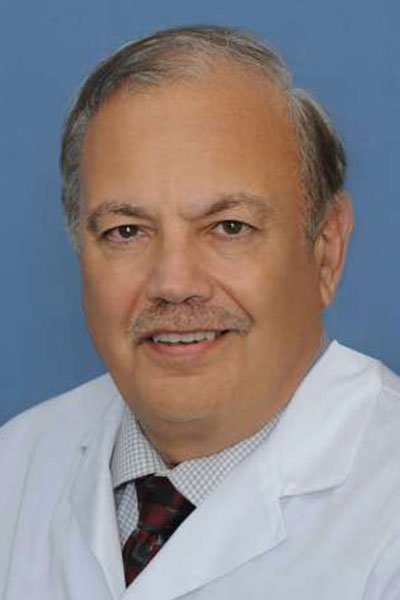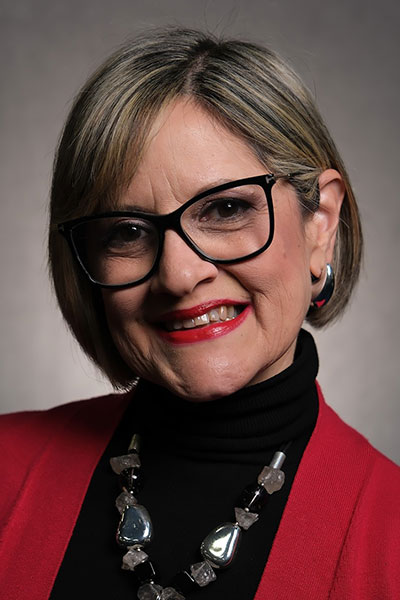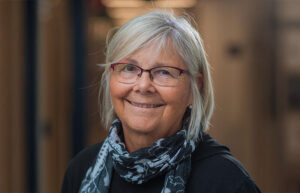
Today, patients are central to every stage of breast cancer research, including clinical trial design. But prior to the 1980s, the HIV/AIDS pandemic, and advocacy by groups such as the AIDS Coalition to Unleash Power (ACT UP), clinical trial design was decided by doctors and drug manufacturers largely without patient input, recalled Debra Patt, MD, PhD, MBA.
“What we saw evolve after ACT UP was a real change in how patients contribute to thinking about clinical trials, drug access, and influencing progress in drug development,” said Dr. Patt, Executive Vice President for Policy and Strategy of Texas Oncology. “Patients and patient advocates have become not merely advisors on [the] process but part of the process in a meaningful way.”
During the 2025 San Antonio Breast Cancer Symposium®, Dr. Patt will moderate the plenary lecture Partnership for Progress on Thursday, December 11, from 8:30 to 9 a.m. CT in Hall 1 of the Henry B. Gonzalez Convention Center.

The session will feature researcher Dennis Slamon, MD, PhD, and patient advocate Barbara Segarra-Vazquez, DHSc. Dr. Slamon is Professor of Medicine, Chief of the Division of Hematology/Oncology, Director of Clinical/Translational Research, and Director of the Revlon/UCLA Women’s Cancer Research Program at the University of California, Los Angeles and the Jonsson Comprehensive Cancer Center. Dr. Segarra-Vazquez is Professor at the University of Puerto Rico School of Health Professions.
Dr. Segarra-Vazquez noted that since the 1990s, patients and patient advocates have steadily expanded their roles, participating in drug approval processes and review of grant proposals. Dr. Patt added that patients are also involved in the review of clinical trial protocols, helping to ensure that researchers select endpoints that are meaningful to patients, that protocols work for trial participants, and that enrolled participants are reflective of real-world patient populations.
“We have moved from being passive patients to being part of the team,” said Dr. Segarra-Vazquez. She explained that, as a patient herself, she can identify parts of a trial protocol, such as repeated blood draws, that might be cumbersome for patients. “Patients bring our lived experience to share and make research more feasible, more attractive, and more relevant.”

Research teams are increasingly recognizing the benefits of incorporating the patient voice, she added. Patient input can shift the focus of clinical trials, adjust research priorities, and boost the odds for success in an ever-more challenging research environment.
“We are the people who will not, cannot, let researchers give up,” Dr. Segarra-Vazquez said. “We depend on them. The best research is not the scientist on one side and the patient on the other; we all have to join forces and work together for the good of science and to continue to save more people with breast cancer.”
Dr. Patt said the cooperative approach is transforming clinical care.
“I would like attendees to understand just how far we’ve come so they can use this vision to inform where we need to go,” she said. “We make patient care decisions all the time that aren’t clinical trials, things like how we implement patient-reported outcomes in the clinic, how we answer the phones, nurse triage systems, how we allow patients to engage with the portal and provide education. There are a lot of transformations in clinical care delivery that involve the patient experience, and we don’t always have patients participate in the process. That’s a lesson we can learn from this wonderful story of patient advocacy.”
Session titles, times, and locations are subject to change. For the most up-to-date SABCS program information, please visit the Program page at SABCS.org.





